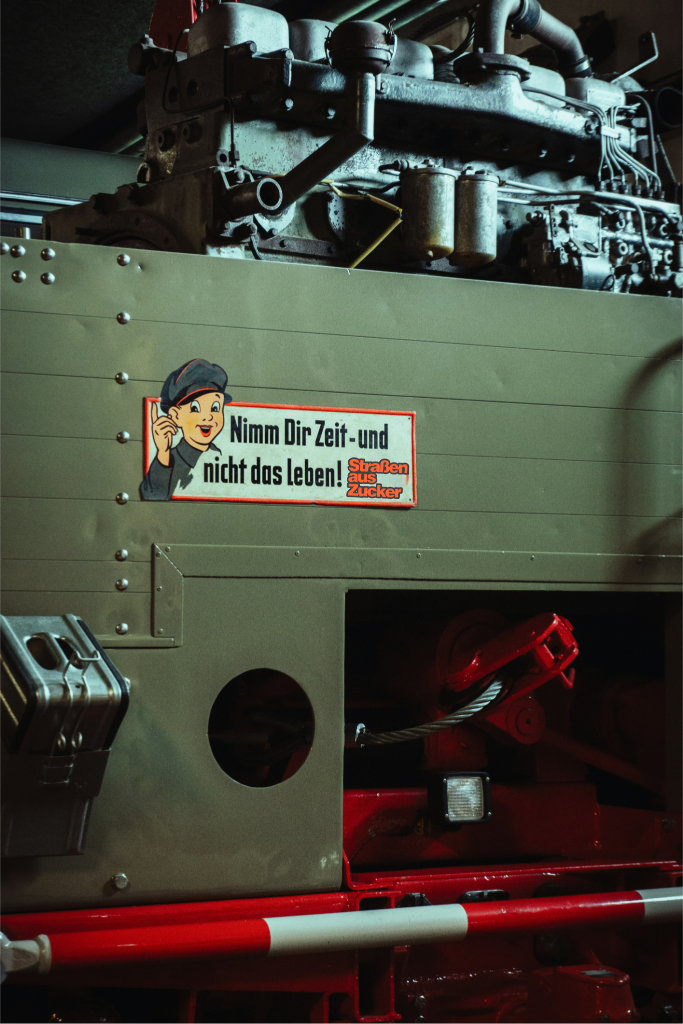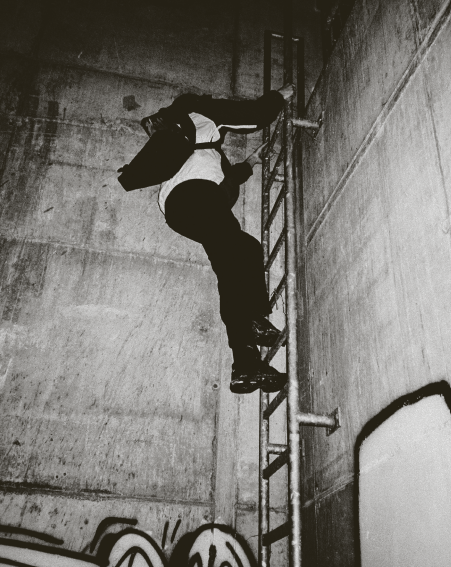David Graeber is an anthropologist, anarchist, and one of the main organizers of Occupy Wall Street (OWS) in the United States. He has written about direct action, revolutions, capitalism, anarchist anthropology, and other issues; his latest book is „Debt: The First 5000 Years“. His writings have been translated into several languages. We interviewed David in Berlin.
Routes sucrées: While in Europe, you got invited by non-leftist members of the German parliament, mainstream TV talk shows, and conservatives applauded your new book. What do you make of the fact that both state institutions as well as those who want to abolish the state seek your advice or at least the discussion?
David Graeber: It’s really strange. And I don’t know what to make of it. My first reaction was that these guys must be in really big trouble, much more than they say. Which I think is in fact the case. Members of the elite have spent a lot more time on ideological warfare than they have on the practicalities of maintaining a viable system. They seem to think it’s much more important to convince people that capitalism is the only viable system than creating an actually viable economic system. With the result that when things do start falling apart, nobody can imagine that that could be really happening and that nothing else could replace it. Obviously, as so far they want me to save capitalism for them, I couldn’t help anyway [laughs]. So I’m not really worried.
You are both a public intellectual and an activist who is openly anarchist. This has caused problems for you in the past. What would you generally say about being in a career where you inevitably have to hide some political views?
I think we can’t separate theory from practice. Which is of course what academia is all about: trying to do that. They don’t care what you think in academia as long as you are willing to be a hypocrite about it. But we have a problem when we try any form of actual practice that is consistent with your ideals. My solution is that I never published anything about politics in journals. And when I wrote something about politics, I did it with anarchist groups. So I have kind of two lives. I would agree, it is a profound problem.
You were very active with „Occupy Wall Street“ in the US. One thing that stuck out with OWS was that there were no demands towards the state, those in power etc. This also means not acknowledging them as a legitimate entity.
Yes! In fact it was a delegitimating strategy.
OWS, and you as well, speak of the 99% and of the 1% that profits. But doesn’t that ignore structural factors and open the way for a personified critique of capitalism?
It is a slogan. It could lead to almost anything. It is not in itself an analysis. But the reason why we thought that it would be a good starting point is because it points to something deeply structural about contemporary capitalism. The 1% of the population is the one who managed to turn their wealth into political power.
When we think of a liberated society, for lack of a better term we often speak of „communism“. In the United States, this term is not so much used by anti-authoritarian, radical left groups. Do you think it is of any use?
I think it is difficult to use because of the historical baggage. However, I think it is absolutely critical to make an intervention there! Because the way the term is deployed is quite insidious. One reason I tried to set up a different definition of communism was that I think we need just to transform totally the way we talk about these things. I think we are all communists most of the time. Whenever we cooperate and we are together in a common project, that is how we act. Obviously capitalists are ultimately exploiting communist relations so that they will be turned into their opposite. Capitalism is just a bad way of organizing communism. State socialism was not a great way to organize communism, either. We need to come up with a good way of organizing communism, but communism is always here.
David, thank you for the interview!
Due to lack of space, only part of the interview is printed here. Moreover, we needed to save a little bit of space for some remarks on our part: During the course of the interview, we had several disagreements with Graeber. While we want to use the interview above to give room for his arguments, we also want to sum up our criticism here: We believe that David Graeber’s success in both the conservative and the economically liberal media, i.e. the mainstream, can be explained by the fact that his ideas are more or less harmless (sorry, David). Yes, we believe that Graeber truly wants to abolish capitalism. But according to him, a rupture with the current society – something that radical critics usually propagate – is not necessary. Graeber uses radical language which won’t lead to radical acts. By labeling every form of non-monetary co-operation
„communist“, even Mother Theresa could be called a communist. While we believe that building autonomous institutions can be important for various reasons (see the article „“Start with Yourself? in this issue), we also think that for a truly liberated, „communist“ society, it won’t be enough to extend already existing principles of solidarity. In the long run, some form of rupture – a „revolution“ – will be necessary to get us out of this misery called capitalism.
[see the article Expanding the Floor of the Cage ]


